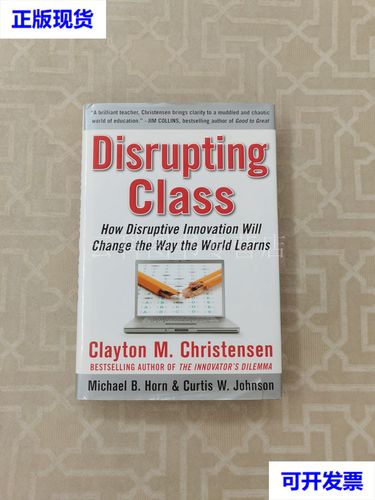disrupting
The Impact of Disruptive Technology on Society
In today's rapidly evolving technological landscape, disruptive innovation has become the driving force behind change. From transportation to healthcare, technology is disrupting traditional industries and creating new opportunities. This disruption is not only affecting the way we live and work but also the very fabric of society.
One of the most significant impacts of disruptive technology is on the job market. Automation and artificial intelligence are replacing many routine tasks, leading to concerns about job displacement. However, it is important to note that these technologies are also creating new job opportunities in areas such as data analytics, robotics, and artificial intelligence. Additionally, the skills required for these new jobs are often different from those of the past, necessitating upskilling and reskilling of the workforce.

Disruptive technology is also transforming the healthcare industry. Telemedicine, remote patient monitoring, and genomic sequencing are just a few examples of how technology is improving access to healthcare and enabling personalized medicine. These advancements have the potential to reduce healthcare costs, improve patient outcomes, and increase healthcare equity.
In the financial sector, blockchain technology is disrupting traditional banking by enabling secure and transparent transactions. This has the potential to increase financial inclusion and reduce the costs of financial services. Fintech startups are also challenging the status quo by providing innovative solutions to meet the needs of consumers.
Disruptive technology is not limited to the developed world. In emerging economies, mobile money and digital payments are disrupting the traditional financial system, providing access to financial services for the unbanked. This is helping to reduce poverty and increase economic growth.
However, with the benefits of disruptive technology comes the potential for negative impacts. Cybersecurity is a major concern as the increased connectivity of devices makes them more vulnerable to attack. Data privacy is also an issue, as the collection and use of personal data by companies and governments raise concerns about privacy rights.
To ensure that the benefits of disruptive technology are realized, policymakers and society as a whole need to address these challenges. Regulations and ethical guidelines are necessary to protect consumers and ensure that technology is used for the greater good. Education and training are also crucial to equipping people with the skills needed to adapt to the changing job market.
In conclusion, disruptive technology is having a profound impact on society. It is creating new opportunities and disrupting traditional industries. While there are challenges associated with this change, it is important to embrace and manage it to ensure that its benefits are maximized. By leveraging the power of technology, we can create a more sustainable, inclusive, and prosperous future for all.







